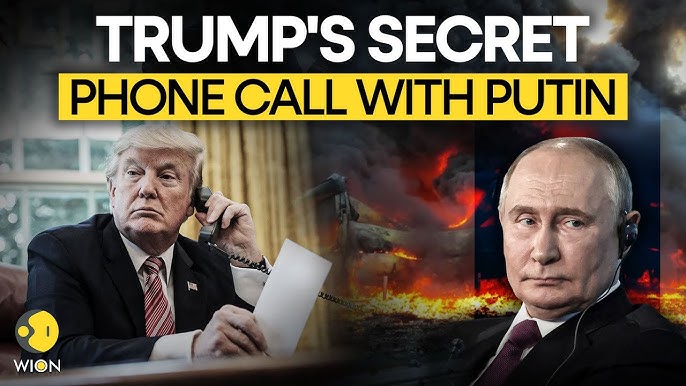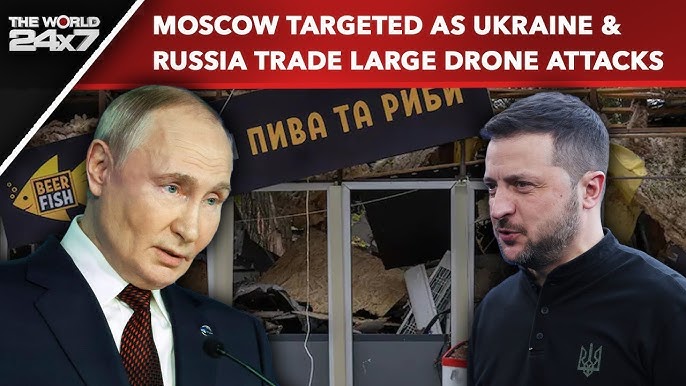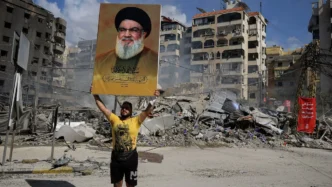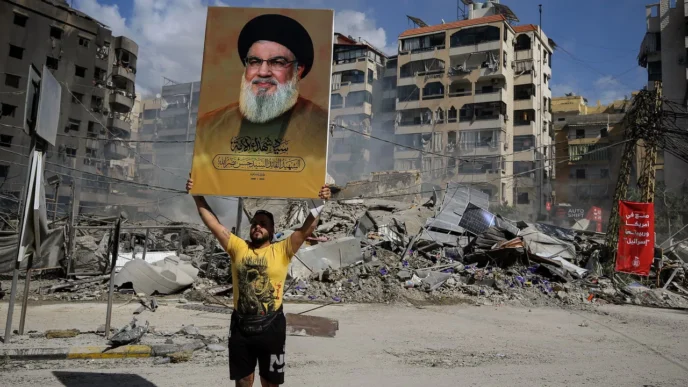Trump’s Message to Putin: De-escalation and Peace
According to a report from The Washington Post, Trump’s conversation with Putin centered around urging the Russian leader not to escalate the war further. The president-elect reminded Putin of America’s substantial military presence in Europe and expressed interest in discussing the “resolution of Ukraine’s war soon.” These comments signal Trump’s continued focus on ending the war quickly—an approach that could challenge the ongoing U.S. strategy of supporting Ukraine’s defense against Russia. The call came amid speculation that Trump’s presidency could alter the war’s course. Known for his criticism of U.S. military involvement overseas, Trump has expressed his desire for a swift end to the conflict, which has raged for nearly three years.Trump and Zelensky: A New Dialogue
 On the heels of his conversation with Putin, Trump also spoke with Ukrainian President Volodymyr Zelensky. Zelensky described The call as ” excellent” and noted that he and Trump agreed to “maintain close dialogue and advance our cooperation.” Elon Musk, a major Trump supporter, also participated in the conversation, underscoring the significance of the call in shaping U.S.-Ukraine relations moving forward.
The timing of these calls comes as the Biden administration continues to provide significant military and financial support to Ukraine. National Security Advisor Jake Sullivan confirmed that the Biden administration aims to strengthen Ukraine’s position both on the battlefield and at the negotiating table, with plans to allocate an additional $6 billion in funding before Trump’s inauguration.
On the heels of his conversation with Putin, Trump also spoke with Ukrainian President Volodymyr Zelensky. Zelensky described The call as ” excellent” and noted that he and Trump agreed to “maintain close dialogue and advance our cooperation.” Elon Musk, a major Trump supporter, also participated in the conversation, underscoring the significance of the call in shaping U.S.-Ukraine relations moving forward.
The timing of these calls comes as the Biden administration continues to provide significant military and financial support to Ukraine. National Security Advisor Jake Sullivan confirmed that the Biden administration aims to strengthen Ukraine’s position both on the battlefield and at the negotiating table, with plans to allocate an additional $6 billion in funding before Trump’s inauguration.
Trump Calls Putin: Biden’s Last Push for Ukraine
As Trump prepares to take office on January 20, the outgoing Biden administration is finally pushing to support Ukraine. The U.S. government’s strategy is to equip Ukraine with the necessary resources to improve its bargaining power in future peace talks. Sullivan emphasized that U.S. assistance is intended to ensure Ukraine’s “strongest possible position” as it seeks to negotiate an end to the war. Read more: How did Donald Trump Break the “Blue Wall” again?Russia’s Cautious Optimism Toward Trump
The Russian government has responded cautiously but optimistically to Trump’s return to the political stage. Kremlin spokesperson Dmitry Peskov remarked that the “signals are positive,” noting that Trump appears more interested in peace than confrontation. During his campaign, Trump repeatedly emphasized his intention to end the war quickly—suggesting that he could even do so before taking office. Despite Moscow’s cautious optimism, Trump’s rhetoric on Ukraine has been a point of contention. While he has criticized U.S. military aid to Ukraine, accusing it of funding a “corrupt pro-war nexus,” his stance remains focused on negotiating peace. This message aligns with his criticism of Washington’s foreign policy establishment and the defense industry.Trump Calls Putin Controversial Approach: Peace or Concessions?
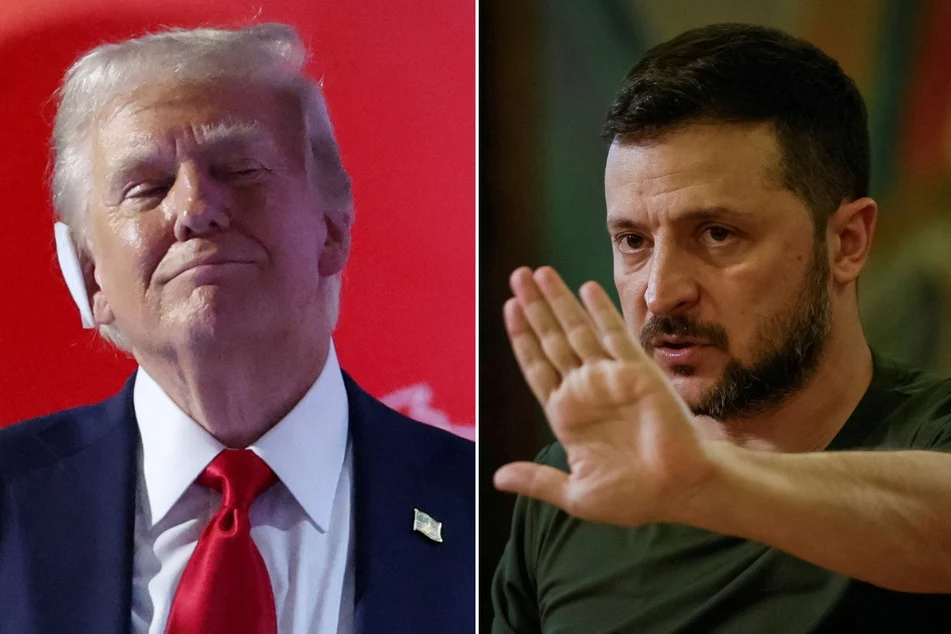 Trump’s position on Ukraine has raised concerns regarding potential territorial concessions. His allies, including his son Donald Trump Jr., have hinted at the need for Ukraine to make territorial compromises to secure peace. A recent Instagram post by Trump Jr. mocked Ukraine’s situation with the caption: “POV: You’re 38 days from losing your allowance.” This reference suggested that Ukraine may soon lose vital U.S. support under the Trump administration.
Some of Trump’s former advisers, such as Bryan Lanza, have openly suggested that Ukraine might need to give up its aspirations to reclaim Crimea, which Russia annexed in 2014. Lanza stressed that the U.S. priority under Trump would be to “stop the killing” and achieve peace. However, his comments were later clarified as not official statements from the president-elect’s team.
Trump’s position on Ukraine has raised concerns regarding potential territorial concessions. His allies, including his son Donald Trump Jr., have hinted at the need for Ukraine to make territorial compromises to secure peace. A recent Instagram post by Trump Jr. mocked Ukraine’s situation with the caption: “POV: You’re 38 days from losing your allowance.” This reference suggested that Ukraine may soon lose vital U.S. support under the Trump administration.
Some of Trump’s former advisers, such as Bryan Lanza, have openly suggested that Ukraine might need to give up its aspirations to reclaim Crimea, which Russia annexed in 2014. Lanza stressed that the U.S. priority under Trump would be to “stop the killing” and achieve peace. However, his comments were later clarified as not official statements from the president-elect’s team.

